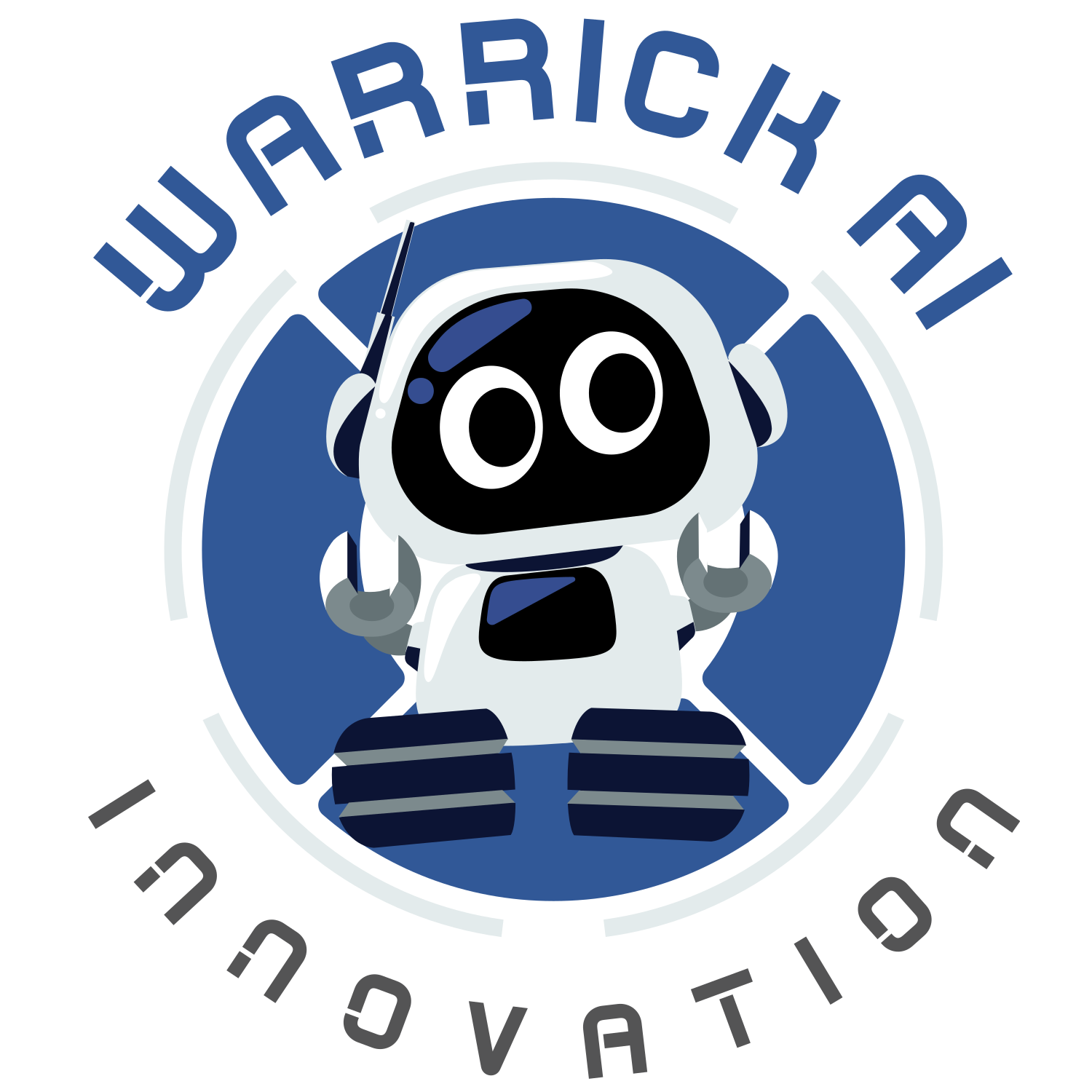How AI is Revolutionizing Hospitality: Dynamic Pricing and Personalized Guest Services
The hospitality industry is experiencing a technological renaissance, with artificial intelligence leading the charge in transforming how hotels, resorts, and other accommodation providers operate. From intelligent pricing strategies to personalized guest experiences, AI is reshaping every aspect of the hospitality landscape, creating more efficient operations and enhanced customer satisfaction.
Dynamic Pricing: The Smart Revenue Revolution
Gone are the days of static room rates set months in advance. AI-powered dynamic pricing has emerged as a game-changer for hospitality businesses, enabling them to optimize revenue through real-time price adjustments based on complex data analysis.
How AI Dynamic Pricing Works
Modern AI pricing systems analyze vast amounts of data to determine optimal room rates at any given moment. These sophisticated algorithms consider multiple variables simultaneously, including historical booking patterns, current occupancy levels, competitor pricing, local weather forecasts, and upcoming events in the area. The system can process this information in real-time, adjusting prices multiple times throughout the day to maximize revenue opportunities.
For instance, when a major conference is announced in the city, the AI system immediately recognizes the increased demand potential and adjusts pricing accordingly. Similarly, during slower periods, the system can automatically reduce rates to attract price-sensitive travelers and maintain occupancy levels.
Benefits Beyond Revenue Optimization
While increased revenue is the primary goal, dynamic pricing offers additional advantages. Hotels can better manage capacity, reduce overbooking situations, and improve overall operational efficiency. The technology also helps smaller properties compete with larger chains by providing enterprise-level pricing intelligence previously available only to major hotel groups.
AI-Powered Guest Services: Beyond Traditional Hospitality
The integration of AI in guest services has revolutionized how hotels interact with their customers, providing 24/7 support and personalized experiences that were previously impossible to achieve at scale.
Intelligent Chatbots and Virtual Assistants
Modern hotel chatbots have evolved far beyond simple FAQ responders. These AI-powered assistants can handle complex guest inquiries, process room service orders, provide local recommendations, and even troubleshoot technical issues. Available across multiple platforms including websites, mobile apps, and messaging services, these virtual concierges ensure guests receive immediate assistance regardless of the time or day.
The latest chatbots utilize natural language processing to understand context and intent, enabling more natural conversations. They can recognize returning guests, access booking information, and provide personalized responses based on guest history and preferences.
Personalization at Scale
AI systems excel at analyzing guest data to create highly personalized experiences. By examining previous stays, dining preferences, room choices, and service requests, AI can anticipate guest needs and customize services accordingly. This might include automatically adjusting room temperature before arrival, suggesting restaurants based on dietary preferences, or recommending activities aligned with past interests.
The Technology Behind the Magic
The effectiveness of AI in hospitality relies on sophisticated machine learning algorithms and data integration systems. Revenue management systems use predictive analytics to forecast demand patterns, while guest service platforms leverage natural language processing and sentiment analysis to understand and respond to customer needs.
Data Integration and Privacy
Successful AI implementation requires seamless integration of various data sources, including property management systems, customer relationship management platforms, and external data feeds. Hotels must balance personalization with privacy concerns, ensuring compliance with data protection regulations while delivering enhanced guest experiences.
Real-World Impact and Results
Hotels implementing AI-driven dynamic pricing typically see revenue increases of 10-20%, with some reporting even higher gains during peak demand periods. Guest satisfaction scores often improve as well, thanks to more responsive service and personalized experiences.
Major hotel chains have reported significant efficiency gains, with AI chatbots handling up to 80% of routine guest inquiries, freeing human staff to focus on more complex service needs and face-to-face interactions that truly add value.
Looking Ahead: The Future of AI in Hospitality
The hospitality industry’s AI journey is just beginning. Emerging technologies promise even more sophisticated applications, including predictive maintenance for hotel facilities, AI-powered menu optimization for restaurants, and advanced biometric systems for seamless check-in experiences.
Voice-activated room controls, powered by AI assistants, are becoming more common, allowing guests to adjust lighting, temperature, and entertainment systems through simple voice commands. Meanwhile, computer vision technology is being explored for applications ranging from automated housekeeping quality checks to enhanced security systems.
Conclusion
AI’s impact on hospitality extends far beyond simple automation – it’s fundamentally changing how the industry operates and serves guests. Dynamic pricing ensures optimal revenue generation while maintaining competitiveness, while AI-powered guest services deliver personalized experiences at unprecedented scale.
As these technologies continue to evolve, hotels that embrace AI innovation will be best positioned to meet rising guest expectations while maintaining operational efficiency. The future of hospitality is intelligent, responsive, and deeply personalized, thanks to the transformative power of artificial intelligence.
For hospitality professionals considering AI implementation, the message is clear: the technology has moved beyond experimental phases into proven, revenue-generating applications that are becoming essential for competitive success in today’s market.
- Agriculture
- AI for Neighborhood Security
- AI Hiring Manager Chatbot
- Auto Sales
- Aviation
- Commercial Real Estate
- Data Analysis
- Education
- Electricity: Smart Grids
- Entertainment Recommendations
- Fraud Detection
- Healthcare Information Systems
- Hospitality
- Human Resources
- IT Project Management
- Lawyers
- Life and Health Insurance
- Logistics and Supply Chain
- Manufacturing
- Marketing
- Pension Funds
- Retail
- Social Media
- Software Development
- Telecommunications
- WordPress Website Development
